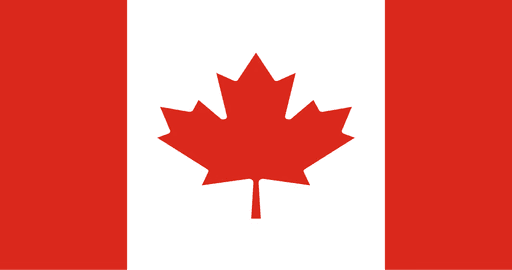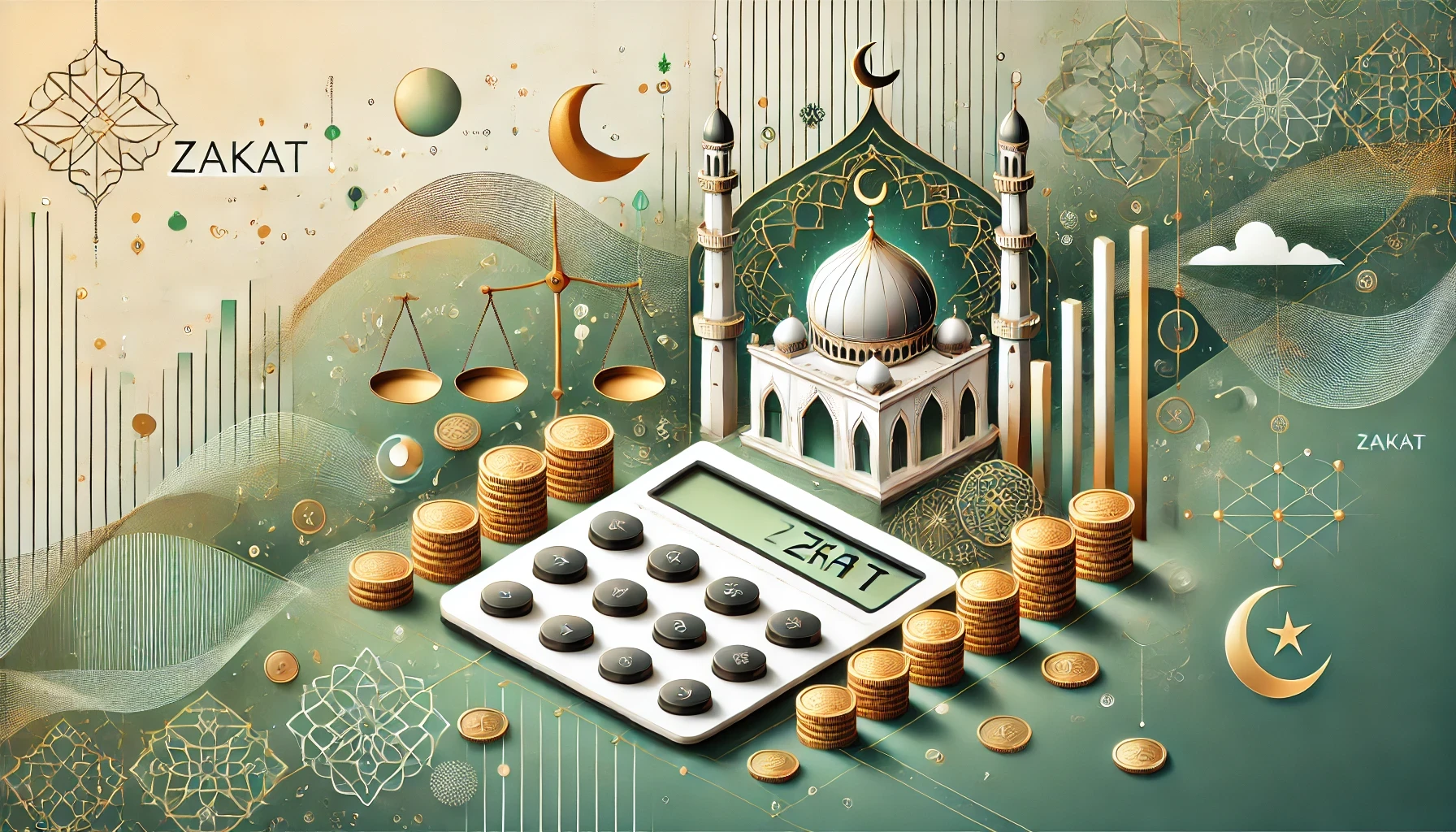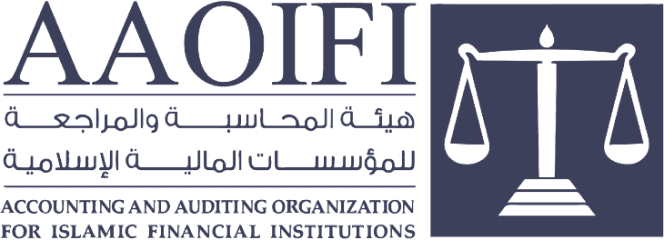Tags:
zakat

In our recent webinar, Mufti Faraz Adam, CEO of Amanah Advisors and member of Manzil’s Shariah Supervisory Board, discussed the third pillar of Islam, Zakat; its purpose, objectives, and practical applications. The webinar covered which of our assets are Zakatable, how to calculate Zakat, and to whom our Zakat should be given. Here are some of the key Here are some of the key takeaways from the discussion.
THE PURPOSE OF ZAKAT?
The literal meaning of Zakat is to purify one’s wealth by submitting a set percentage of your profitable wealth to charity. However, Zakat doesn’t just benefit the recipient, but also the giver. The many benefits of Zakat include:
→ Recognizing that we enter and leave this world with nothing
→ Acknowledging that our status in this world and how much wealth we have is not our choice, but our Lord’s choice
→ Freeing ourselves from the greed of wealth and worldly possession
→ Promoting a balanced society by circulating money equally and fairly
→ Above all, obedience to Allah SWT
As Mufti Faraz Adam likes to say it, Zakat is like a membership fee we give to be a part of this beautiful family.
ZAKAT CALCULATION
Once one reaches or exceeds the minimum threshold — Nisab — the value of 87.48 grams of gold or 612.36 grams of silver, they must pay Zakat. The total amount to be paid is 2.5% or 1/40 of their entire savings and wealth.
Calculating one’s wealth and possessions can be complicated. Not to worry! We have prepared a Zakat calculator to help you do your calculations easily and ensure that your Zakat money is well-received and well-used.

A QUICK TIP
To calculate your minimum threshold for a full lunar year, Mufti Faraz Adam suggests using the Islamic calendar so we can stay tied to our religion and history, Insha’Allah. For example, calculate your wealth on the first day of Ramadan, and revisit it one year later exactly on the first day of Ramadan to calculate if the wealth is equal to or exceeds the threshold.

FAQs
The webinar was followed by a Q&A session. Here are a few common questions asked with the full response from the YouTube video linked:
Q: I have a property, should I give Zakat on it?
A: If it is a property for residential purposes, there is no Zakat due. If it is property for rental income, there is no Zakat due. However, if you are trading in property (that’s your business), then you pay Zakat on the current market value of the property.
Q: Do I need to pay Zakat on my RRSP or RESP funds?
A: Yes, Zakat is due on the funds of these savings plans. Any withholding tax can be deducted from the Zakat payment.
Q: I help my parents pay off their debts, can that be considered as Zakat?
A: No, Zakat cannot be given to your parents. However, for other immediate family members, such as your siblings, if they are eligible for Zakat, you can potentially pay the Debtor directly, but suggest working with/getting advice from your local Imam through this process.
If you missed our webinar or you’d like to enjoy it all over again — check out the full recording on YouTube





